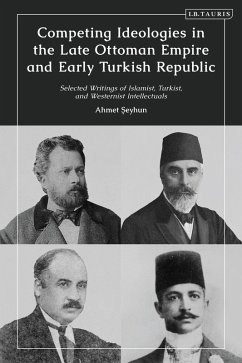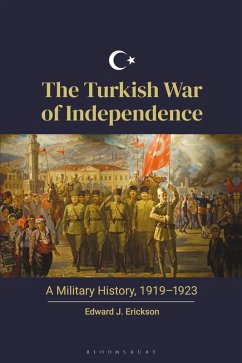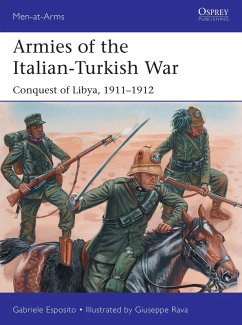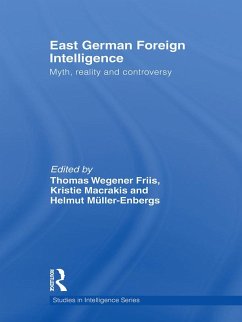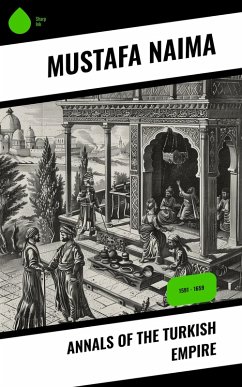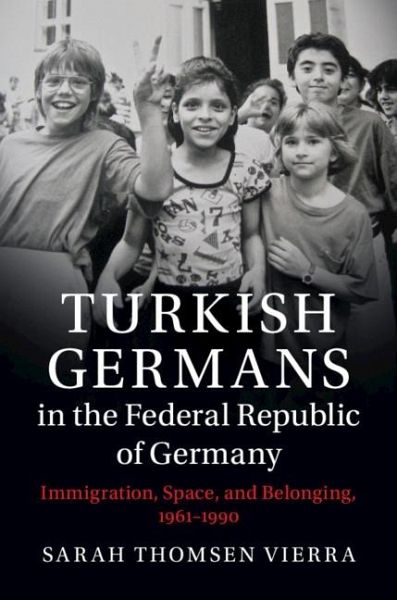
Turkish Germans in the Federal Republic of Germany (eBook, ePUB)
Immigration, Space, and Belonging, 1961-1990
Versandkostenfrei!
Sofort per Download lieferbar
16,95 €
inkl. MwSt.
Weitere Ausgaben:

PAYBACK Punkte
8 °P sammeln!
As the largest national group of guest workers in Germany, the Turks became a visible presence in local neighbourhoods and schools and had diverse social, cultural, and religious needs. Focussing on West Berlin, Sarah Thomsen Vierra explores the history of Turkish immigrants and their children from the early days of their participation in the post-war guest worker program to the formation of multi-generational communities. Both German and Turkish sources help to uncover how the first and second generations created spaces of belonging for themselves within and alongside West German society, whi...
As the largest national group of guest workers in Germany, the Turks became a visible presence in local neighbourhoods and schools and had diverse social, cultural, and religious needs. Focussing on West Berlin, Sarah Thomsen Vierra explores the history of Turkish immigrants and their children from the early days of their participation in the post-war guest worker program to the formation of multi-generational communities. Both German and Turkish sources help to uncover how the first and second generations created spaces of belonging for themselves within and alongside West German society, while also highlighting the factors that influenced that process, from individual agency and community dynamics to larger institutional factors such as educational policy and city renovation projects. By examining the significance of daily interactions at the workplace, in the home, in the neighbourhood, and in places of worship, we see that spatial belonging was profoundly linked to local-level daily life and experiences.
Dieser Download kann aus rechtlichen Gründen nur mit Rechnungsadresse in A, B, BG, CY, CZ, D, DK, EW, E, FIN, F, GR, HR, H, IRL, I, LT, L, LR, M, NL, PL, P, R, S, SLO, SK ausgeliefert werden.




